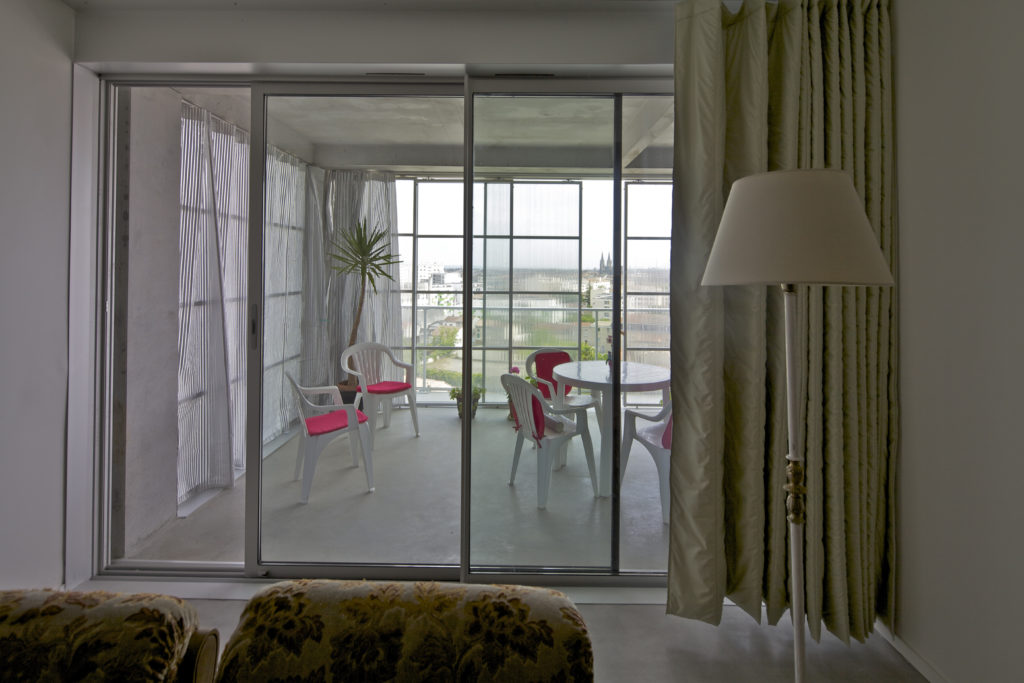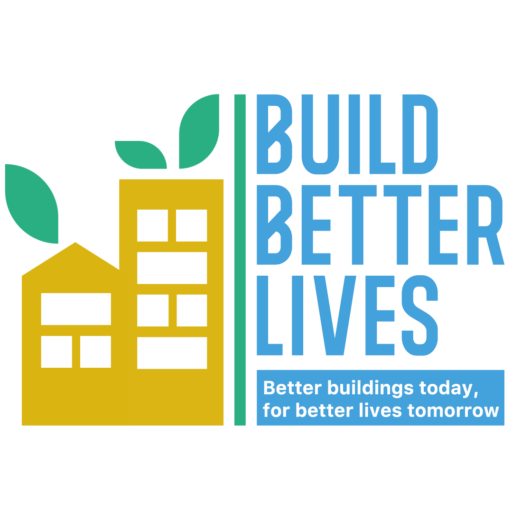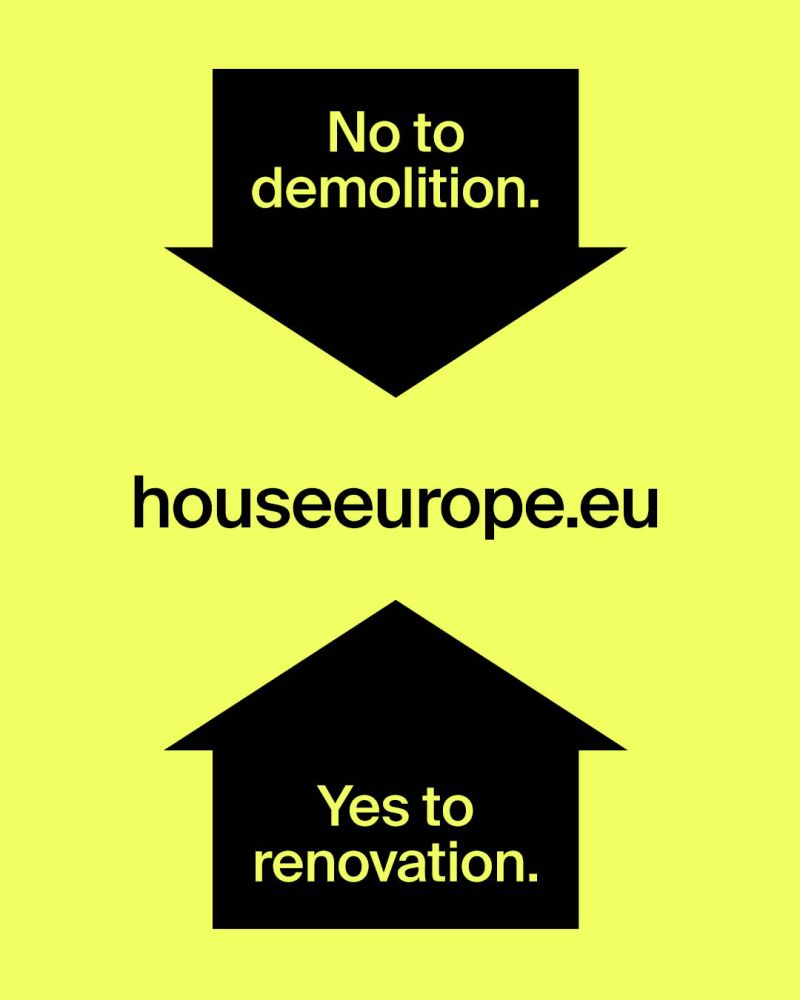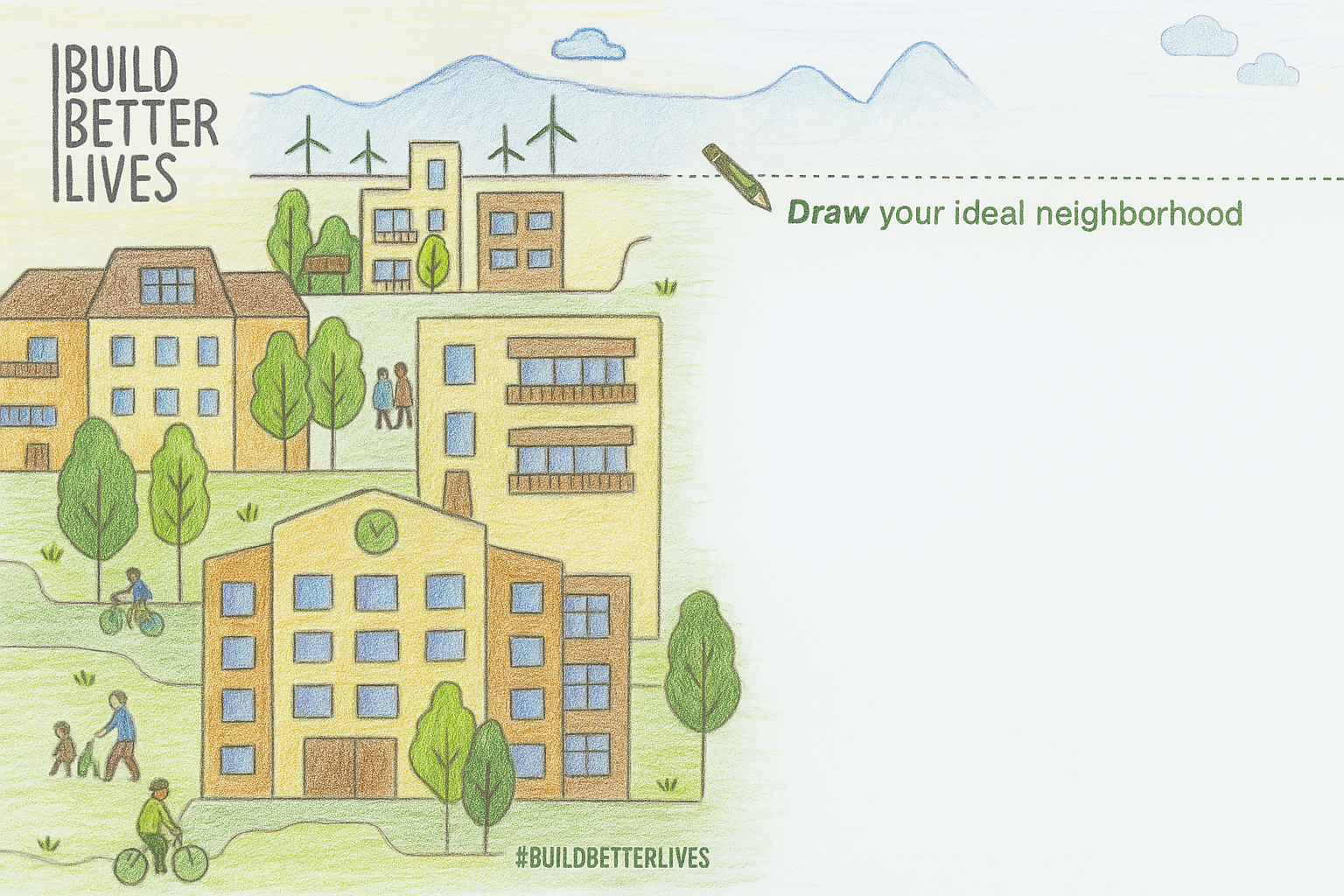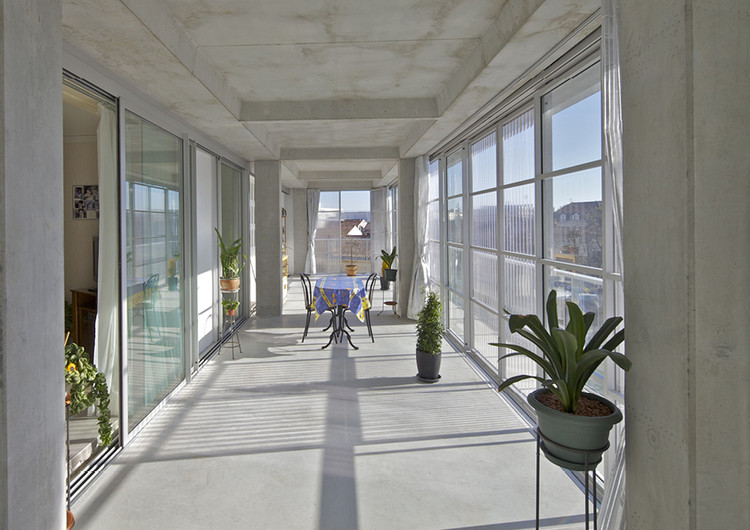
Bordeaux, FRANCE
Project led by the the Municipality of Bordeaux & Aquitanis – public housing office of Bordeaux metropolis in collaboration with Lacaton & Vassal architectes, Frédéric Druot Architecture et Christophe Hutin Architecture
The Grand Parc Bordeaux project stands as a powerful example of how ambitious collective action can build better lives for residents while tackling climate, housing, and economic challenges. Located in Bordeaux, France, this innovative refurbishment has transformed 530 social housing units originally built in the 1960s, into modern, comfortable, and energy-efficient homes. What makes Grand Parc Bordeaux remarkable is its holistic approach—combining environmental sustainability with enhanced living conditions, all while ensuring affordability and inclusivity.
Combining Energy Efficiency with Decency and Comfort
The renovation of Grand Parc Bordeaux aimed to go beyond insulation and decreased energy consumption; it wanted to improve the quality of life of its residents. By extending each apartment with spacious winter gardens and balconies, the project introduced natural light, panoramic views, and flexible semi-outdoor living areas. These additions also act as solar thermal collectors, contributing to energy efficiency, while expanding the living area and enhancing the overall functionality of the home at the same time.
The innovative design allows these winter gardens to function as comfortable extensions of the interior, creating living spaces that adapt to the seasons and the preferences of each household. Large sliding glass doors connect rooms seamlessly to these bright, adaptable spaces, making social housing feel generous and dignified. The use of lightweight prefabricated polycarbonate and aluminum elements also ensure efficient thermal performance, reducing energy demand while providing comfort all year-round.
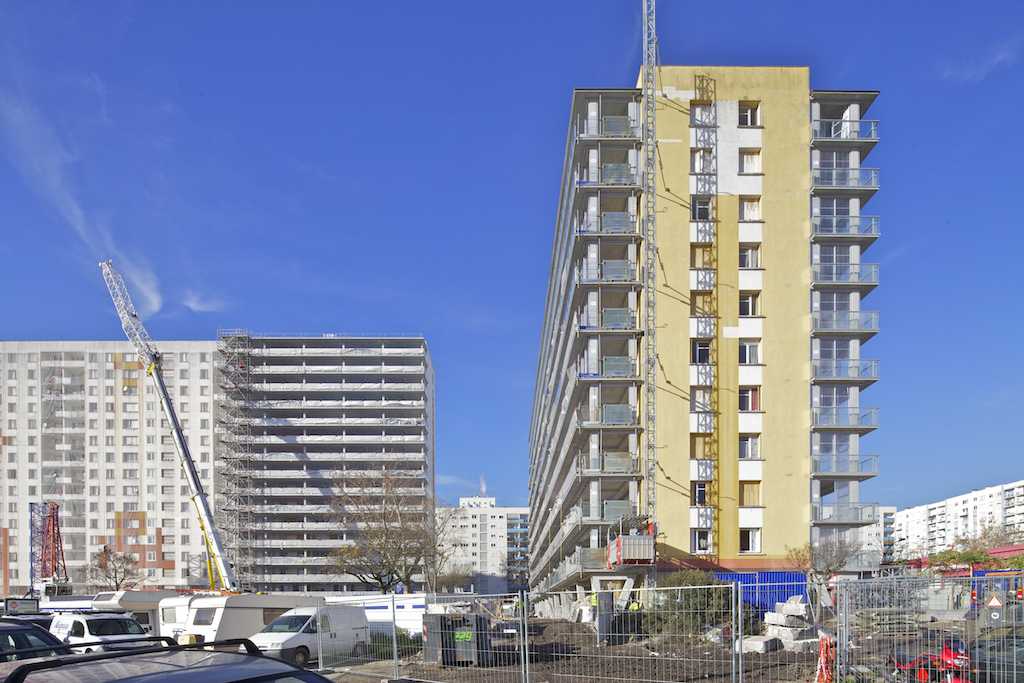
Protected rents and reduced energy bills
A critical success factor of the Grand Parc Bordeaux project is its affordability. Residents, many of whom are low-income or vulnerable households, benefit from significant upgrades whilst paying the same rent. This commitment to protecting affordability ensures residents can benefit from ambitious policies without fear of displacement or economic burden.
The energy efficiency improvements—ranging from exterior insulation upgrades to improved windows and passive solar heating provided by the winter gardens—directly contributes to lower energy bills. By reducing household energy expenses, the project provides tangible socio-economic benefits, alleviating energy poverty and lowering household bills. In this way, Grand Parc Bordeaux exemplifies how ambitious policies on building decarbonisation can have a positive impact on vulnerable households, combining climate action with economic relief.
Renovation while residents remain at home
Another standout feature of Grand Parc Bordeaux is its people-centred approach to the renovation process itself. Not a single resident had to temporarily relocate, minimizing disruption to daily life and preserving the social fabric of the community. Through careful planning and phased construction techniques, each apartment’s transformation—from structural adaptations to interior upgrades—was completed in just 12 to 16 days.This was possible because the construction made use of innovative measures such as prefabricated modules and lightweight materials, reducing onsite labour and minimise noise and disturbance.
Bathrooms and electrical systems were modernised, elevators were enlarged to improve accessibility, and entry halls and garden areas were upgraded. Maintaining occupancy ensured that residents could immediately benefit from the renovation of their home, whilst also fostering a sense of ownership and pride over the entire revitalised building.

Green upgrades, social gains
The Grand Parc Bordeaux project showshow bold, people-centred renovation initiatives can build better lives for all. By combining energy efficiency with improved living conditions, maintaining rents and lowering bills, and ensuring that residents can remain in their homes during the process, this project is a perfect model for sustainable, inclusive urban regeneration. It highlights the potential of social housing to become a beacon of innovation, demonstrating that ambitious building decarbonisation can go hand in hand with enhanced social equity and quality of life.In the face of intersecting crises, projects like Grand Parc Bordeaux show the power of collective action to create housing solutions that are not only climate-resilient, but also dignified, affordable, and empowering for all residents. Through these inspiring stories, we can continue to build better lives and demonstrate that a just transition is possible.
